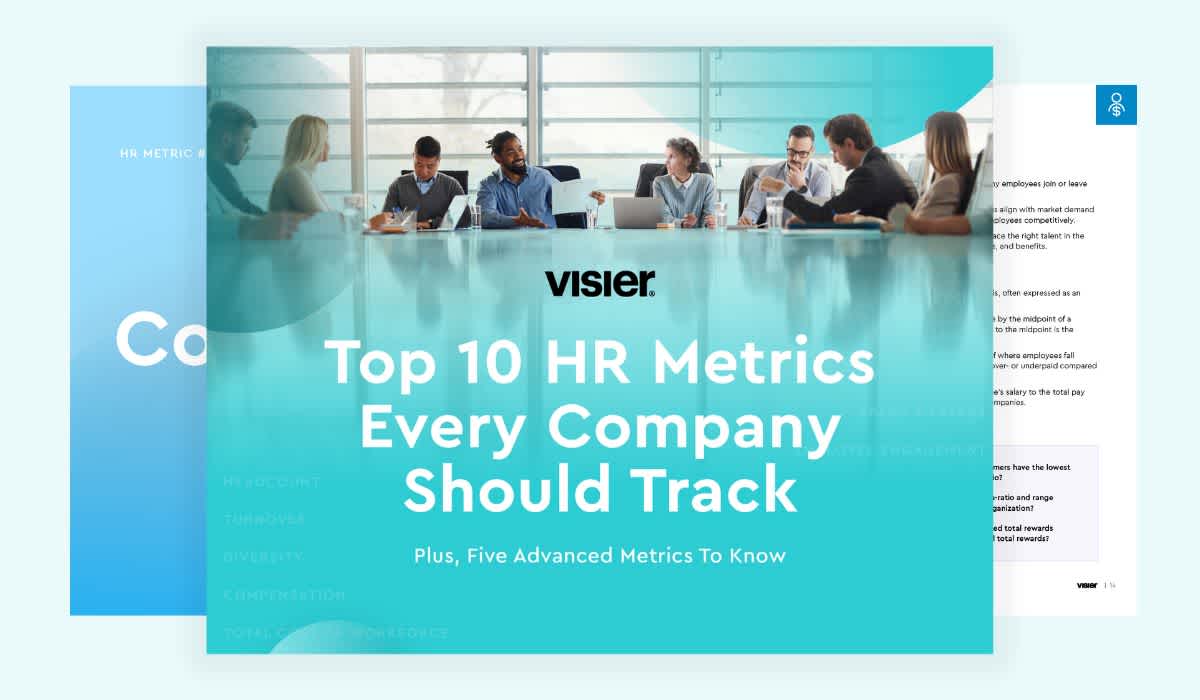What Is Talent Intelligence?
Use talent intelligence to better understand the internal and external variables that impact recruitment, development, and retention. Learn more.

Talent intelligence is the process of gathering, analyzing, and using internal and external data and insights about people's skills, capabilities, and potential. It looks at trends in the job market and the company’s current and future skill needs to improve talent acquisition, employee development, and retention.
What’s the difference between talent intelligence and people analytics?
While talent intelligence and people analytics are related, they are not exactly the same thing. People analytics is broader, encompassing data-driven approaches to understanding and managing people within an organization. Talent intelligence, by contrast, specifically focuses on using data and insights to make decisions related to talent acquisition, development, and retention.
Why is talent intelligence important?
Talent intelligence is important because it helps organizations make informed decisions about workforce planning, talent acquisition, succession planning, and employee development. It helps align talent strategies with business goals, driving tangible results for the organization that align with the firm’s overall strategic direction.
Talent intelligence provides insights into both individual and team performance, helping organizations identify opportunities for improvement, offer targeted training and development opportunities, and optimize team composition to drive better outcomes.
How do organizations use talent intelligence?
Organizations use talent intelligence to:
Understand labor market trends. The labor market is impacted by emerging technology, economics, and competitive pressures. Talent intelligence helps to identify and quantify the impact of these trends.
Create hiring criteria. Talent intelligence can help companies strategically create hiring criteria to improve the odds of a successful hire.
Reduce turnover. By reviewing internal mobility and other HR metrics, talent intelligence can help companies understand why people leave so they can make changes and improvements.
Improve DEI. By analyzing job descriptions and interview procedures companies can make changes to ensure language is inclusive, interviews are unbiased, and that the hiring process as a whole is friendly for diverse talent pools.
Talent intelligence benefits employees too. It helps organizations identify and attract candidates with the right skills and cultural fit, ensuring that all employees feel a sense of belonging and impact in their roles.
What role does technology play in talent intelligence?
Technology plays an important role in talent intelligence. Data management systems, analytics tools, machine learning algorithms, and artificial intelligence (AI) help extract meaningful insights from talent data. Technology can also facilitate data integration from various sources including internal systems and external databases to provide a more informed view of talent within the organization.


